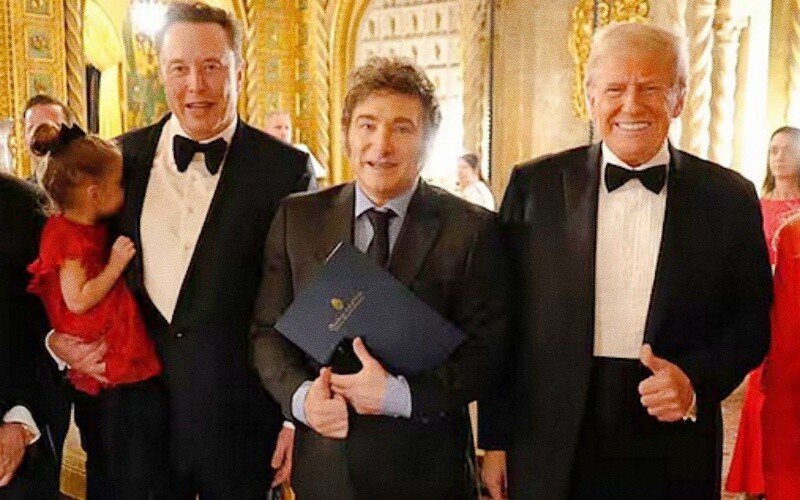
Currently, there is a concerning weakening of democracy, replaced by extreme right electoral authoritarian regimes that undermine the system from within. Neoliberal social movements are distinguished from those of the extreme right, which share elements such as exacerbated nationalism, criticism of immigration, and traditional democratic institutions. Conservative politicians often mobilize their electoral base by criticizing inclusion and diversity policies, accusing them of promoting reverse discrimination.
The extreme right is characterized by being nationalistic, authoritarian, and relies on social media to spread its message. It seeks to preserve cultural identity through anti-immigration policies and is often associated with national security measures. The extreme right takes advantage of the growing inequality and the loss of trust in traditional parties to promote leaders who promise to restore order and stability at the expense of democratic principles.
These movements arise in a context of globalization, driven by issues such as immigration, nationalism, and protectionism. Voters of these movements tend to be subdued by neoliberal capitalist and conservative slogans, seeking to preserve an individualistic identity and opposing progressive trends, especially on immigration and security issues.
The term "woke" has been used by both neoconservatives and extreme right leaders to delegitimize progressive movements and polarize public debate. This term has been generalized in recent years to describe stances that promote awareness of social injustices but has been negatively appropriated to disqualify ideas and movements, hindering constructive debates.
In this context, a resurgence of extreme right movements has been observed in Argentina, finding resonance in dissatisfied sectors due to recurrent economic crises and traditional policies. It is essential to understand these phenomena in order to act in a world marked by polarization, the simplification of complex debates, and the emergence of leaders with emotional discourses capable of mobilizing the masses.














